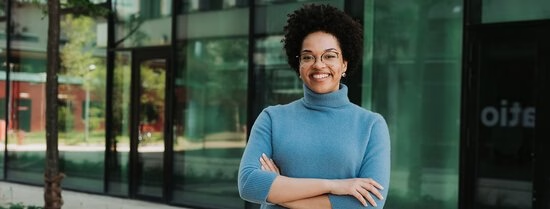What does this study entail?
This two-year Master of Science (MSc) Programme will train you to independently carry out high-quality research, at the same time giving you the chance to more clearly outline your own research interests, with the help of leading scholars in the field.
The Sociology of Culture, Media and the Arts programme is offered by the Erasmus School of History, Culture and Communication (ESHCC) in collaboration with the Erasmus School of Social and Behavioral Sciences (ESSB). It is taught by top researchers from the Erasmus Research Institute for Media, Culture, History and Society (ERMeCHS) and Erasmus University's Department of Public Administration and Sociology (DPAS), with occasional guest lectures given by renowned experts and visiting professors.
If you have demonstrated academic excellence and motivation during one of the regular Erasmus University one-year master programmes in Sociology, Arts and Culture Studies or Media Studies, and your English meets the standard, you may apply for admission to an abridged version of the programme.
Is this the right programme for you?
Are you interested in topics such as arts and culture, media, and sociology? And do you enjoy conducting social-scientific research but would like to gain hands-on experience as well? If so, then the Research Master Sociology of Culture, Media and the Arts might be the programme for you. This master is specially designed for academically talented and driven students, who have a nose for research in sociology, media studies, and arts and culture studies and would like to pursue a PhD position or any other research-oriented job.
5 reasons to study Sociology of Culture, Media and the Arts at Erasmus University Rotterdam
- You will receive hands-on, personalised instructions from an enthusiastic team of internationally renowned scholars who will actively support you and provide intensive and individual coaching.
- You will become part of a vital and cosmopolitan research community, including students and scholars from all over the world.
- You will be able to develop your professional network and get to know your future employer during your studies, for instance when participating in the research traineeship.
- You will not only be prepared for a PhD in sociology, arts and culture studies, media studies and related fields, but also gain a solid base for a career in applied research, policy, or consultancy.
- Erasmus University Rotterdam is a top-rated university, famous for its cutting-edge research in the fields covered in this degree programme.
And did we already mention how cool Rotterdam is? Studying in here means studying in a cosmopolitan city. Discover the city's best restaurants, visit the most beautiful museums, or go to world-class events. Living in Rotterdam will never get boring.


